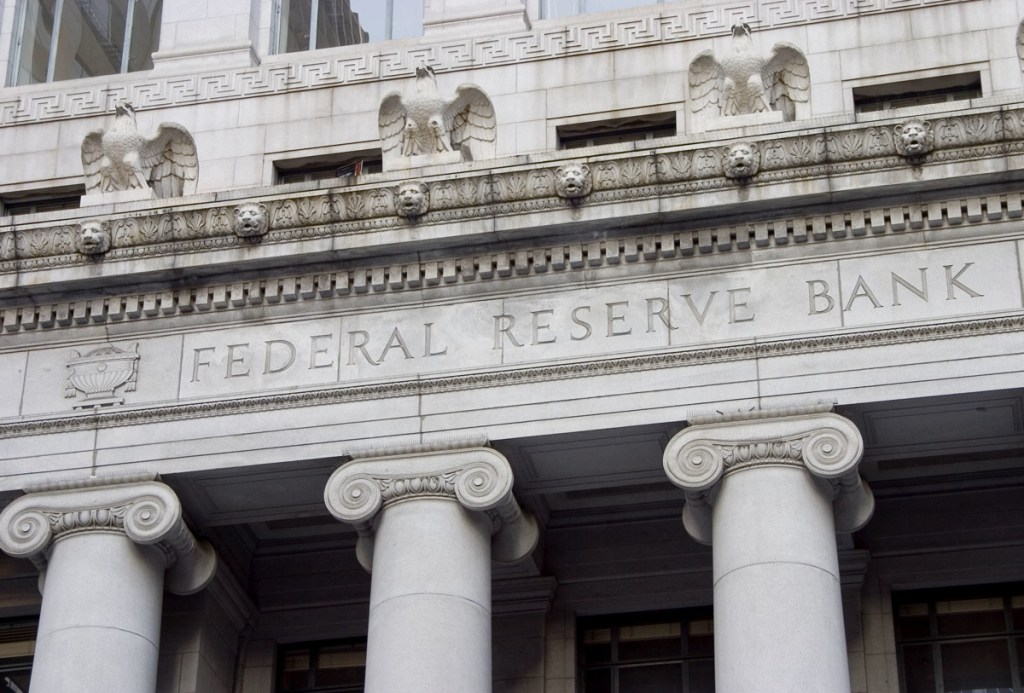Mortgage rates fell to an all-time low on Thursday, according to the daily average tracked by Optimal Blue. The direction of interest rates this week will have a lot to do with what Federal Reserve Chairman Jerome Powell says at the end of the central bank’s policymaking meeting on Wednesday.
Powell is the man who has the most power over mortgage rates at the moment. In mid-March, he restarted a bond-buying program last used during the financial crisis to stimulate demand for Treasuries and mortgage-backed securities. The primary goal was to grease the wheels of markets locked up with investor fears about the economic fallout of the coronavirus. It also resulted in cheaper rates.
“The Fed has been dominating mortgage rates since the middle of March and what they do on Wednesday is going to be a continuation of that,” said Walt Schmidt, FTN Financial’s head of mortgage strategy. “I don’t think it’s possible to contemplate we’d be anywhere near this low in mortgage rates if it weren’t for the Fed.”
The likely scenario for Wednesday is the Fed will provide forward guidance that either reiterates its pledge to buy MBS “for as long as it takes,” or becomes even more accommodating as a new surge in COVID-19 infections slams the economy, Schmidt said.
Rates have tumbled almost a percentage point since the Fed began buying Treasuries and MBS in mid-March. The initial pledge made on March 15 to buy $500 billion in Treasury bills and $200 billion of mortgage-backed securities wasn’t enough to unfreeze the markets. The daily average mortgage rate hit a two-month high of 3.84% on March 19, as measured by Optimal Blue.
It’s what happened the following Monday that did the trick: In an announcement posted on the Fed’s website at 8 a.m., before the opening of U.S. stock markets, Powell said the central bank would make “unlimited” purchases of MBS – that’s when rates began falling.
In June, the Fed pledged to keep buying Treasuries and MBS to the tune of about $120 billion a month.
There are other factors in play, including the question of whether the Senate will act to extend the beefed-up unemployment benefits set to expire on Friday. The extra $600 has helped to keep jobless Americans current on their bills, including mortgage payments.
If forbearances or delinquencies begin to rise, it will exert upward pressure on mortgage rates as lenders add a “risk premium” that will counteract the Fed’s bond-buying efforts.
“The Senate is not expected to send its version to the House of Representatives until next week,” Diane Swonk, chief economist of Grant Thorton, said in a note to clients on Monday. “Some worry that Congress will not come up with a plan before the recess scheduled for Aug. 7. This is the rare time when I actually hope election-year politics and Congressional propensity to spend dominate the agenda.”
The House passed the Heroes Act in May that extended the unemployment benefits through January, increased funds for testing, and supplied monetary relief to states and communities hard-hit by expenses related to battling the pandemic. The Senate went on a two-week vacation before the July 4 holiday without debating it or negotiating its own COVID-19 relief legislation.






